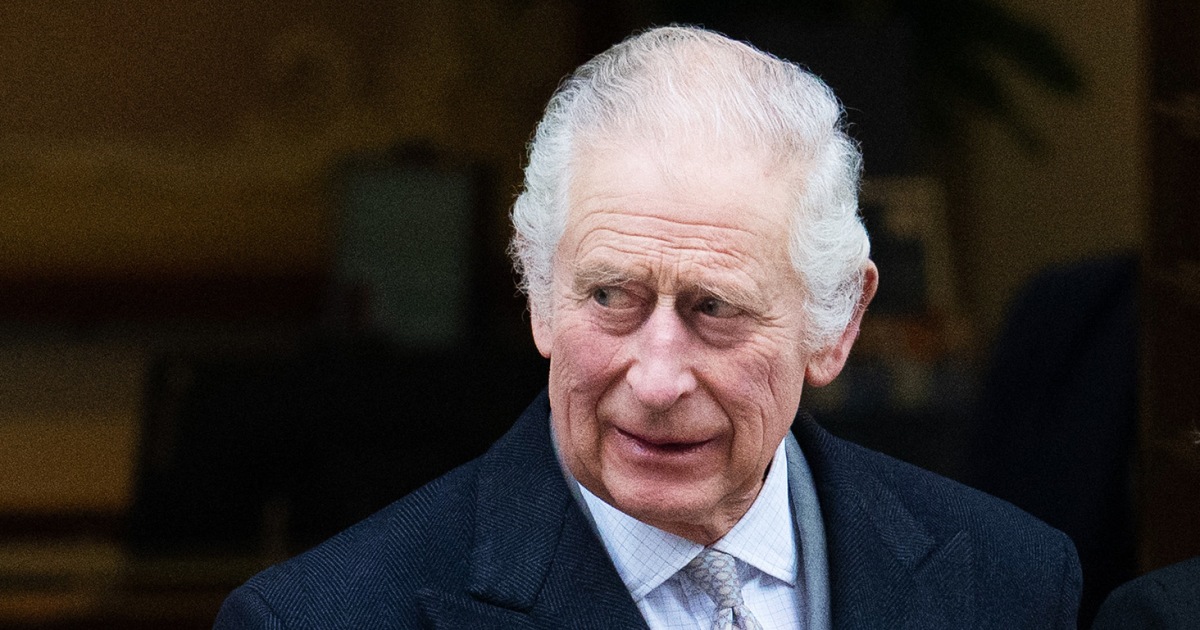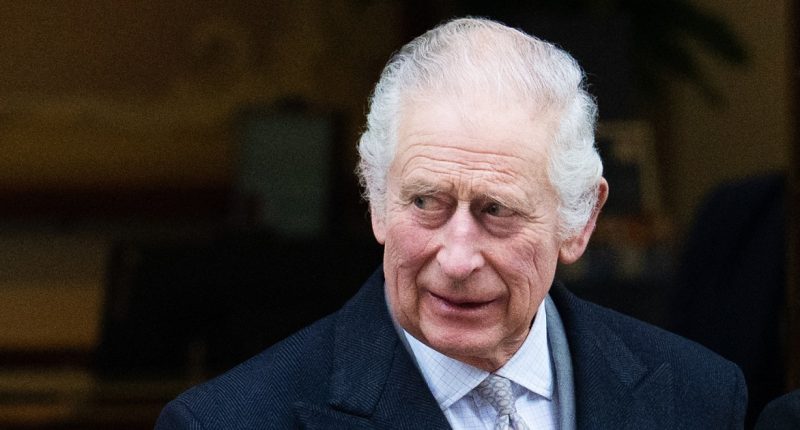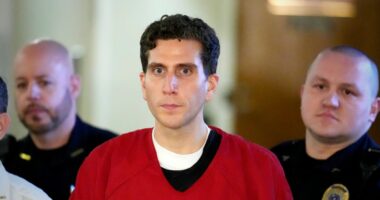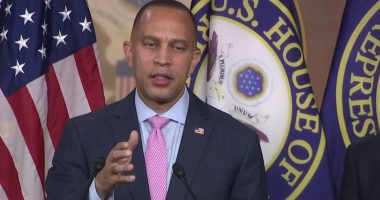
LONDON — Britain’s King George VI died 72 years ago Tuesday after cancer treatment so secret that it was hidden from the media, the public — and perhaps even the king himself.
On the eve of that anniversary, his grandson King Charles III broke with this tradition of royal mystery by announcing that he too has been diagnosed with cancer.
The king has been lauded for his openness, saying he chose to make the announcement “to prevent speculation and in the hope it may assist public understanding for all those around the world who are affected by cancer.”
This candor “shows us both that Charles wants to be more open but also how society has moved on,” NBC Royal Commentator Daisy McAndrew said, and that “sharing your cancer, sharing your own emotions and feelings about what you’re going through, can be very helpful, not just to yourself, but to everybody else.”
However, there are several key questions left unanswered by the palace, namely what type of cancer it is, what treatment he is receiving and what exactly is the prognosis for the septuagenarian king who only assumed the throne 18 months ago.
The palace has said it is not prostate cancer, and British Prime Minister Rishi Sunak added new detail Tuesday morning, saying the disease had been “caught early,” in an interview with the BBC.
The remaining unknowns are already fueling rampant speculation in traditional and social media — the very thing the king says he was seeking to avoid. Some doctors have suggested that the king’s vagueness might be undermining his own message of public health awareness.
“That’s what I find a bit puzzling — it’s great that he’s said he’s got cancer but why not be honest?” said Karol Sikora, a leading British oncologist and former chief of the cancer program at the World Health Organization. “If I was advising him, I would say be totally honest because people will speculate.”
Though they are fundamentally political figures, the British royals have tended to play by different rules to elected and appointed officials when it comes to disclosing health issues.
Defense Secretary Lloyd Austin, for example, has apologized to the American public and President Joe Biden for not disclosing his prostate cancer diagnosis and treatment sooner. That default expectation has not always been there for the royals, however.
Little was said during what proved to be the final weeks of the late Queen Elizabeth II’s reign, with official statements only saying that doctors had advised her to rest before the eventual announcement of her death Sept. 9, 2022. And it was revealed in a posthumous biography by the historian William Shawcross that the Queen Mother had been treated for two different types of cancer in her life.
It’s against this backdrop that some observers found it notable that Charles made such a swift disclosure at all.
He had already won praise for going public with the news that he had received treatment last month for an enlarged prostate — sparking a 1,000% surge in traffic for the National Health Service’s webpage for that condition.
Source: | This article originally belongs to Nbcnews.com









